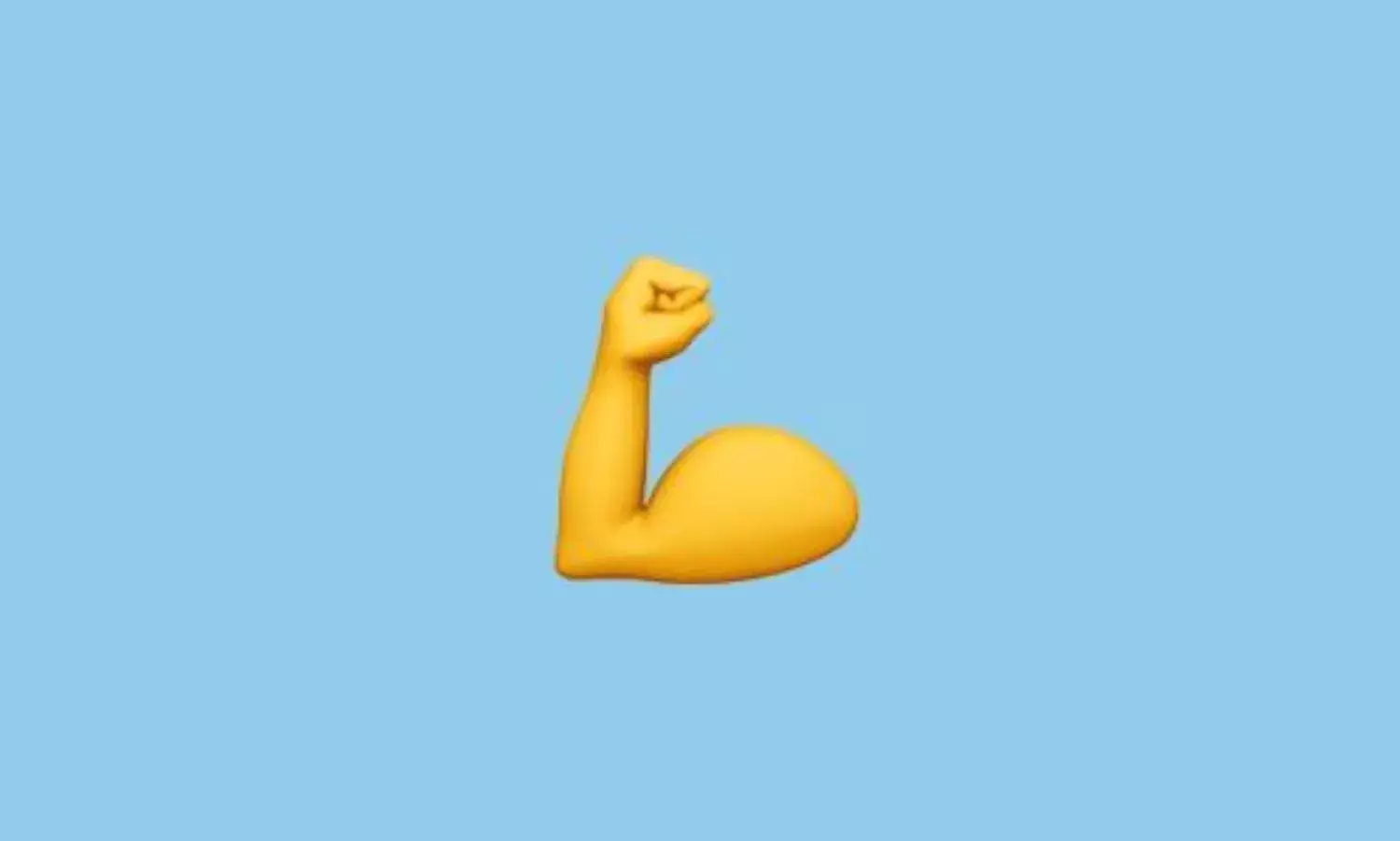Is Instagram Changing The Way We Workout?
The relationship between fitness and our phones

“Who takes all these videos of you working out?”
I’d just posted an insta story of myself doing some pull ups (I’d even complimented my own form). I had to be honest … I’d taken the video myself, adeptly balancing my phone against a stack of books, angled upward to ensure that no part of my fairly perfect full range (yes, I know I’m complimenting myself - again) was inadvertently cropped out.
“This is self cam okay, don’t judge,” I responded. Quickly adding, “Usually my PT [personal trainer] takes my videos.”
Next message: “Doesn’t setting up a cam while working out take away the rhythm?”
I stared at that question for an entire minute.
For the first time - I was forced to think about the relationship between fitness and our phones, and how social media has changed the way we workout.
I take a lot of videos of myself working out. My Instagram feed is testament to that. I tell myself that I take these videos to document and correct form - and while that’s partly true, the real motivation lies in sharing these videos.
No one knows this better than my trainer. Last week, after a third set of fairly heavy deadlifts, my trainer wanted me to attempt a one rep max (the maximum weight you can lift for one repetition). It was a weight I’d never attempted before. “I’ll take a video,” he quickly offered, knowing that was the added push I needed.
And you know what I thought? That I’ve been posting videos of deadlifts at the same weight (twice my bodyweight for first one, then two, then three reps - and yes, this is a deliberate humble brag) and it was about time I posted a heavier weight.
That was all the motivation I needed. So there we go, I can now lift more than twice my bodyweight for one rep - and I have an insta story highlight to prove it.
I guess that makes me strong(ish), but it also makes my trainer a good trainer in the Instagram-era. Motivation is integral to fitness - and while for some people that motivation comes in the form of “you can eat pizza after this,” for me -- and so many others - it means social media validation.
A quick scroll through Instagram will throw up everything from gym selfies to amateur fitness videos -- with “do it for the gram” determining the direction fitness culture is taking.
In a recent survey of 1500 gym goers, a huge 43 percent said they had taken photos or videos of themselves at the gym, and 27 percent of those photos were in selfie mode. The survey even encouraged a gym in Connecticut to set up a dedicated “selfie” room.
Other gyms and fitness studios might not have dedicated social media rooms - but they know that fitness is becoming more of a visual game than ever before. Barry’s Bootcamp studios have a signature blazing red neon sign that reads “red light district” - and is ALL OVER Instagram. Try going to SoulCycle and *not* posting a sweaty, post ride selfie with the unmistakable yellow wheel logo cheekily visible in the background.
Here at home in New Delhi, I know when someone has just finished a BoxFit session or Studio 60 group class - as our own fitness studios and spaces build an impressive social media identity.
And if you follow me, you probably know when I’ve logged in a particularly gruelling leg day or hit some heavy numbers on an upper body session - because I will post about it.
While all this sharing (oversharing?) may seem harmless as nothing more than a visual humblebrag or pep talk -- recent studies have noticed a correlation between workout / fitness videos on our social media feeds and how we feel about our own bodies.
The number of exercise related posts on individuals’ social media feeds were associated with greater weight concern, and this relationship was stronger among people who viewed exercise-related posts from those they felt looked similar to them.
This study corroborates what most social media users already know. We’ve all been there -- skipped workouts, eaten a huge burger (or cake in my case) -- only to judge ourselves extra harshly thanks to that post gym insta story shared by that girl we barely know.
And while that may motivate you to not miss your next workout, it’s also perhaps contributing to a culture where we’re all a lot more preoccupied with how we look, how much we weigh, how ‘clean’ we eat - and other arbitrary measures determined by visually driven fitness trends.



